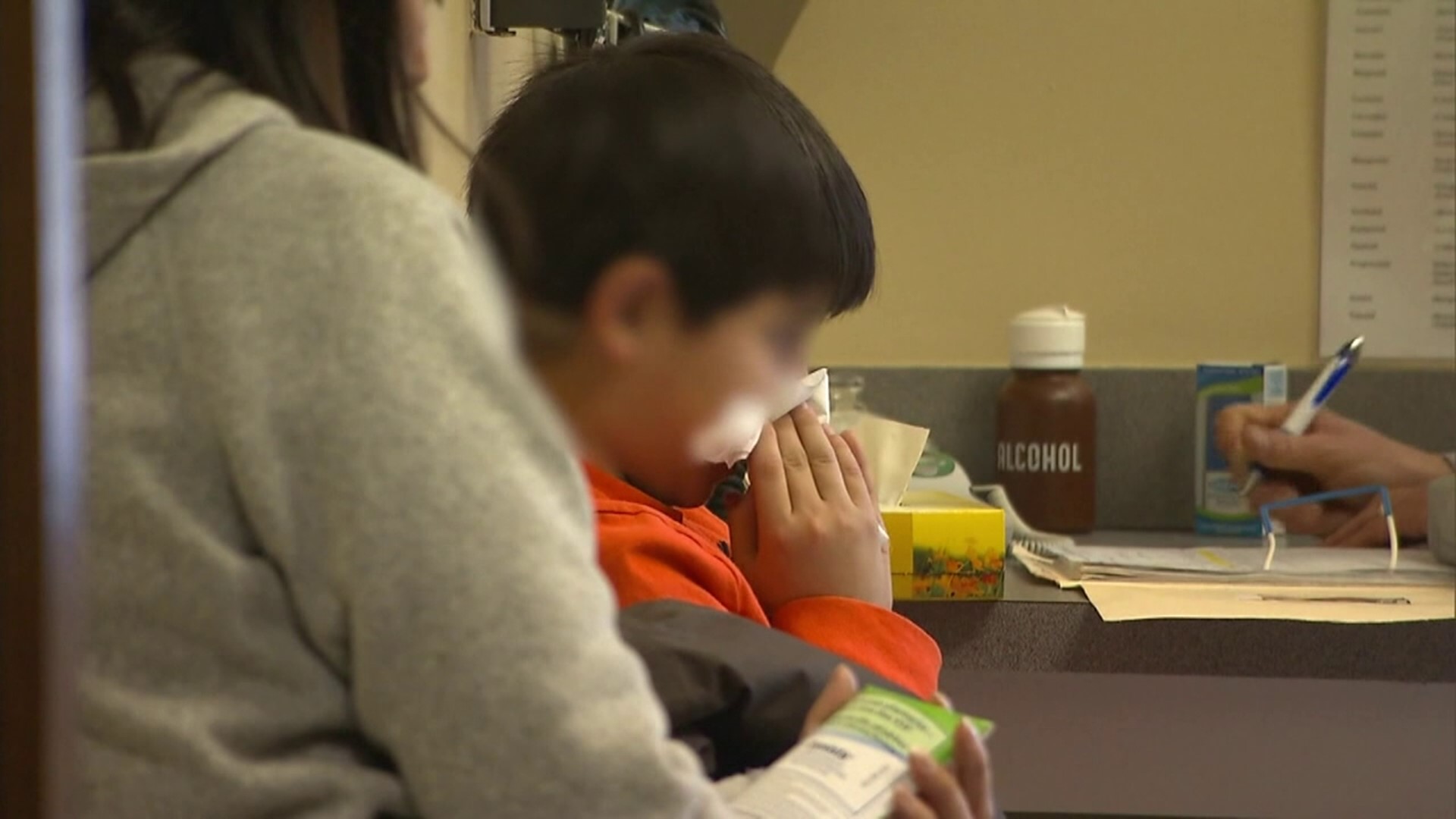WILLIAMSPORT, Pa. — RSV season is here. Newswatch 16 spoke with Dr. John Goldman, an infectious disease specialist at UPMC, to learn what medical professionals are seeing.
"On a national level, we are seeing that RSV cases are increasing, and on a local and hospital level, we see that they are increasing," Dr. Goldman said.
Dr. Goldman believes the worst of the RSV season is yet to come.
"We believe we are going to see a later surge. The peak will be later, and the number of cases will be later."
RSV poses a high risk to infants and young children.
"The first episode of RSV is much more likely to have a pneumonia, to go to the lower respiratory tracts like the lungs as opposed to staying in the upper respiratory tracts like the nose, the sinus, and the throat. With each successive infection, you have more and more antibodies built up, so they become less severe."
We spoke with Dr. Goldman about the new monoclonal antibody shot, Nirsevimab. The shot provides infants with protection and antibodies to help fight RSV infection. But right now, there is a nationwide shortage of it.
"This is the first year that the antibody has been out, and it is a monoclonal antibody, so it is not like simply making a pill. It is much more complex to make."
However, expecting mothers and those with newborns have another option.
"There is now an RSV vaccine, and it is recommended that women in their third trimester of pregnancy have that vaccine so they can pass those antibodies on to their children, and if possible, she should breastfeed so those antibodies will continue."
Dr. Goldman says the RSV vaccine is readily available for anyone who wants it. He also encourages staying home if you're sick and washing your hands.

